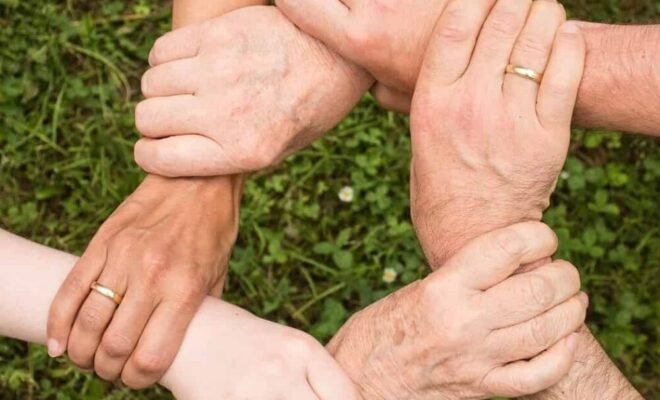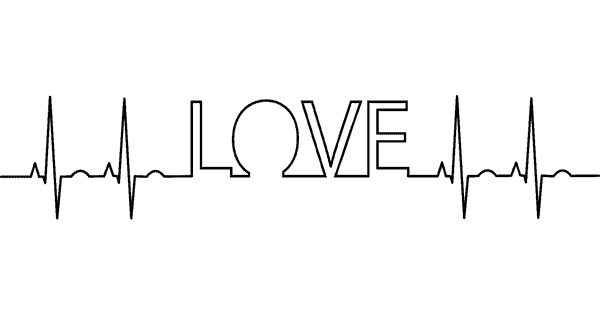The Four Pillars Of Frugality

Since the pandemic hit, there are many new “norms.” Adjusting to the new normal is difficult. Add to that the uncertainty of whether the virus will cause another shutdown this fall and winter. There is a lot of apprehension and fear. However, it is important to remember that this is not the first time our nation or the world has faced uncertainty. And just like generations before us, we can pull together in unity and survive. No, not survive, but thrive, in the midst of life-changing events.
Let’s take a look specifically at World War I. There was a period after the Civil War when the United States was booming. Our country entered a new stage with labor laws and numerous public works projects. This period was shortened when the United States entered World War I. The impacts of the war would affect the following generations. Men and horses were shipped out and it crippled the agricultural industry.
But Americans united together. To take care of the troops, those at home organized and participated in efforts such as “Meatless Mondays” and “Wheatless Wednesdays.” By taking part in these minor inconveniences, our troops were provided with supplies. The nation pulled together, tolerated inconvenience, in order to help others, even in the midst of food shortages. They made do with what they had. They were even able to help others from their lack. In fact, instead of moaning, groaning, whining, and complaining about having to be inconvenienced, families started “Victory Gardens” to help with the food shortage. These gardens were not specifically for one individual. They were able to help others by giving from their gardens.
Another problem, besides food shortages, was the fact with so many men serving their country production of goods nearly ground to a halt. Shortages of everything needed including clothing, food, household supplies, fabric, aluminum—virtually every facet of life—caused women to step in and start working in factories.
Still, the shortages continued. It was during this period that Calvin Coolidge is credited with coining the phrase “Eat it up. Wear it out. Make it do, or do without.” Later it was changed to “Use it up” instead of “Eat it up.”
It wasn’t long after that when World War I came to an end. But more trouble loomed ahead as 1929 approached. The economy crashed and again survival meant learning to do with what you had and do without you couldn’t obtain. This was a lesson again reinforced during World War II.
Since then American has seen a lot of prosperity. Until this pandemic hit us, we were used to getting what we wanted, when we wanted, and going where we wanted when we wanted. People’s attitude changed from frugality to excessiveness. If you don’t believe me, count how many electronic devices you have in your home to game on, including cell phones.
The four pillars of frugality are more relevant today than any decade since World War II. Okay, the recession wasn’t fun, but it was still a picture of splendor in comparison to the state of affairs in 1917-1918, or the 1929 economic crash. As we work our way through the economic impact from COVID-19, frugality is back in vogue.
Here’s what we can learn from preceding generations. Here’s what we need to learn if we are going to survive as a society:
1. Use It Up

Photo courtesy of nrd on Unsplash
When was the last time you saw the back of the cupboard without having to move anything? Are there canned goods back there you forgot about? I’m betting there are items in your cupboard that haven’t seen the light of day since the day you bought them. We’ve all been there. How about your clothes? Learn some basic mending skills. Learn how to fix a rip, patch a pair of jeans, resew a button, hem your pants. Basic sewing skills can save you money and time. Doing a quick fix on a shirt takes less time than driving to a store or getting online to find a new one. And you save a ton of money.
2. Wear It Out

Photo courtesy of dtneatline on Pixabay
Do you really need to replace your summer clothes? Or are you buying new clothes just because of the latest fashion? Maybe you are like me and you get bored with your clothes. Wear your clothes until you wear them out. Don’t give in to emotional purchases. Even though yard sale and thrift store purchases are cheaper, there is still money involved. Approach every purchase with suspicion. Is that new kayak really needed? How about the new boots you’ve been salivating over? Now is the time to be extremely picky about any new purchases.
3. Make It Do

Photo courtesy of Jeff Sheldon on Unsplash
This is the least glamorous of the four pillars. Just saying it out loud is like room-temperature oatmeal. It is bland, has no taste, and is a little hard to swallow. If you were born after the 1980s, then this third pillar will seem especially difficult. Remember that shirt you had to have when you were on vacation? You bought it. Wore it. Washed it. It was a sound purchase because even after years of abuse it is still in one piece. Sure, it is a little faded, the ribbing a little frayed, and some of the screen printing has dissolved, but it the shirt is still whole. This is normally a time to pass it on to Goodwill or try to unload it at a yard sale. Not now. Now is the time to invoke the “Make It Do” law. Even though the shirt is drab, overused, and no longer holds your affection, you still wear it.
4. Do Without

Photo courtesy of Sharon McCutcheon on Unsplash
This is the best option most of the time. I have found that most things I think I need, I don’t. Funny how that works. Raising a large family means you learn frugality. We’ve done gardens, yard sales, thrift stores, hand-me-downs, cloth diapers, and bargain shopping for years. The strategy that always saves us the most money is this one: Don’t buy it. Americans tend to confuse their “wants” with their “needs.” It is amazing what you don’t have to buy in order to live a full and thriving life. The saying “less is more” is true.
While living frugally is important now more than ever in the last three decades, even more important is to remember that it isn’t all about you. Even in the worst of times, many people tried to give out of their lack in order to help others. Going without meat or grain for a day, contributing tires for rubber, or aluminum for the troops overseas, or planting a garden to help feed others, or wearing a mask are all ways we can show love to our neighbors. Convenience isn’t a right or a requirement. But living a life of frugality, courtesy, and compassion should be.
Use it up, wear it out, make it do or do without.
~ Adapted from Calvin Coolidge










